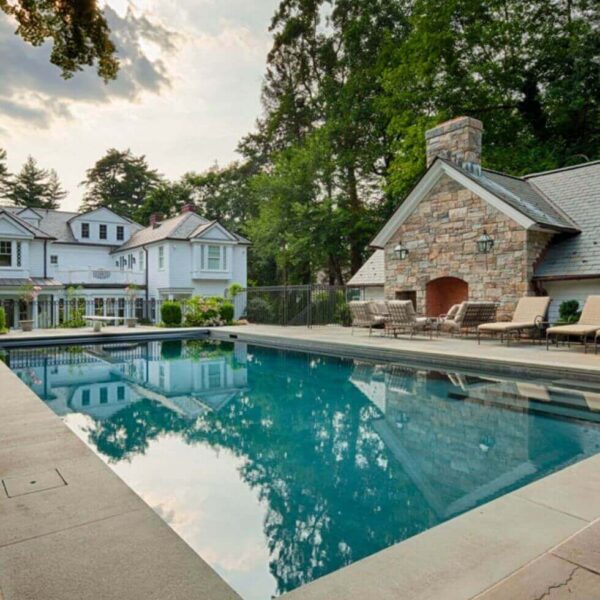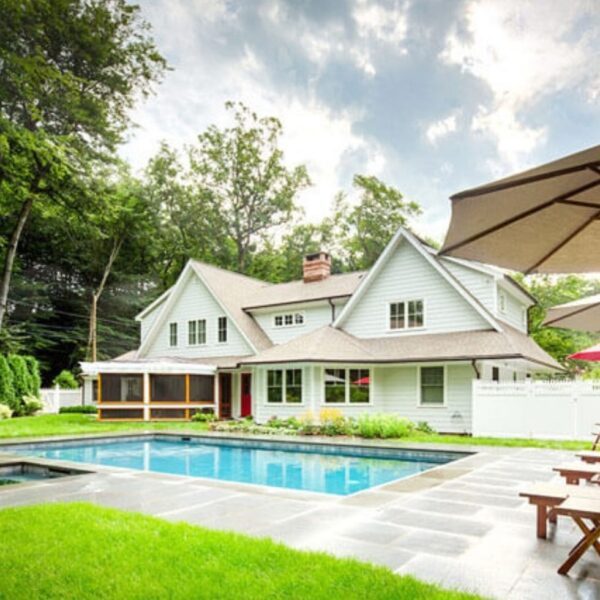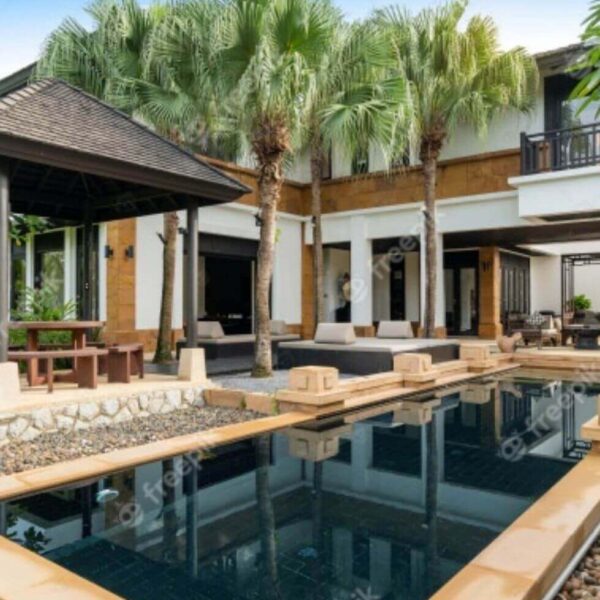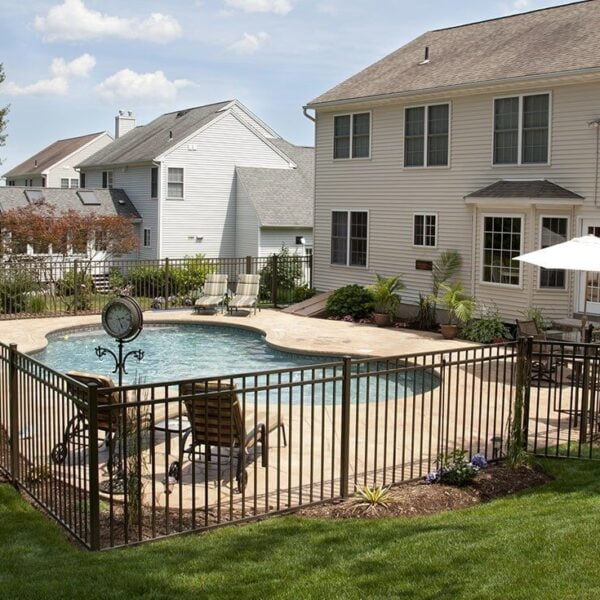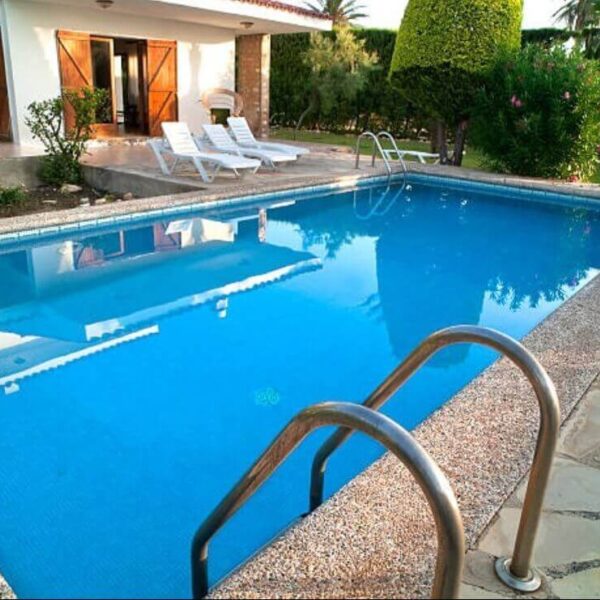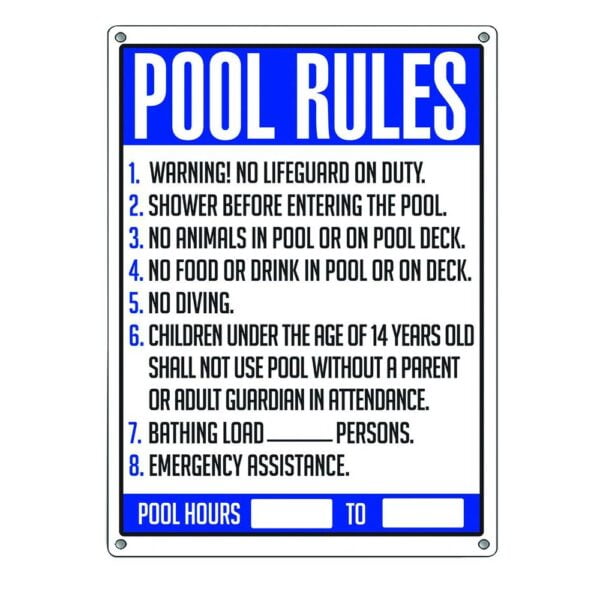The Florida condominium swimming pool regulations are rules every condominium or anyone that owns a unit in a condominium should take note of. The regulations come in different ways and can be confusing if you don’t pay close attention.
However, for you to know the Florida condominium swimming pool regulations, you need to first know the type of condominium the pool will be built in and the number of units in such condominiums.
The reason is that, in Florida, condominium swimming pools don’t have a single regulation of their own. It uses the Florida public or residential swimming pool regulations.
The only way to know whether you are to use public swimming pool regulations for your condominium pool or to use residential swimming pool regulations for your condominium is by knowing the number of units the condominium has.
In Florida, if a condominium has less than 32 units, the units should use the Florida residential swimming pool regulations, and if the condominium has more than 32 units, the units should use the Florida pubic swimming pool regulations.
- Less than 32 Units of a condominium in Florida must use the Florida residential swimming pool regulations
- More than 32 units of a condominium in Florida must use the Florida public swimming pool regulations.
The question you should ask yourself now is, how many units are in my condominium? Once you figure it out, you’ll know which regulations to follow.
However, for the sake of those that will be living either in a condominium that has less than 32 and more than 32 units, we are going to explain the regulations that govern both places.
Therefore, find out how many units are in your condominium and choose the regulations that fall within the number of units.
DISCLAIMER: We are not Legal advisor neither is this information an official version of the regulations.
Table of Contents
Florida Condominium Swimming Pool Regulations With Less than 32 Units
In Florida, all condominium swimming pools with less than 32 units must have:
- A permit to build a swimming pool in the condominium. The permit should be obtained before the construction begins.
- An enclosure that meets the pool barrier requirements
- The pool must be equipped with an approved safety pool cover
- The pool fence must have a gate/door with a locking device and must be locked anytime the pool is not in use
- Must have a gate that is self-closing with a self-latching device with a release mechanism placed no lower than 54 inches above the floor
- The door must have a swimming pool alarm that when placed in the pool will sound an alarm when an accident happened in the pool or when someone enters the pool without your permission.
- Must have a licensed swimming pool contractor, either as a person or as a company construct the swimming pool.
- Must have the pool be inspected by the Department of Health when the swimming pool construction is completed.
Barrier Requirements
- Since any condominium that has less than 32 units must have a barrier, the barrier should meet up the following requirements and characteristics:
- Ensure that the barrier is at least 4 feet high on the outside.
- Ensure the barrier doesn’t have any gaps or openings that are too wide to let a child inside or get the child stuck while trying to sneak into the pool. If it’s possible, you may or may not let the barrier have any gap.
- The barrier should not have any protrusions, indentations, or any structural components that could allow a young child to crawl under, squeeze through, or climb over the barrier into the pool. Please take note of this. You know how children are. Sometimes, they do the things they were warned not to do.
- The pool barrier must be placed around the perimeter of the pool and must be separate from any fence, wall, or other enclosure surrounding the yard except they are situated on the perimeter of the pool. Please take note of this as well.
- When building the swimming pool barrier, ensure it is placed sufficiently away from the water’s edge to avoid a child or a medically frail elder from falling inside the water immediately they managed to enter the pools when no one is watching. Very important.
- The barrier must have a gate that opens outwards. The gate must open outwards away from the pool. The gate must be self-closing. Meaning that, once you open the pool gate, it will close by itself. This is very important in case you forget to close the gate, it will close by itself so that a toddler doesn’t crawl into this pool when no one is watching.
- The gate must also have a self-latching locking device. The release mechanism of the self-latching locking device must be located on the poolside of the gate and a place it cannot be reached by a young child over the top or through any opening gap.
Just like you need a permit to install a washer and dryer in your home and a permit to build shipping container homes, you also need to first get a permit to build the pool. To get the permit, you have to send a clear plan of the type of swimming pool you wish to build in your condominium and have the authorities scrutinize the pool. Once the permit is issued, you can start work. Your contractors can guide you on getting this permit. Also, you need to get an electrical permit and plumbing permit for the pool.
Remember that once you meet a swimming pool contractor and sign a deal to construct a pool for you, the contractor must provide you a document containing all the regulations. In case the contractors did not give you yours or forgot to give you the document, you can request it from them.
Florida Condominium Swimming Pool Regulations With More than 32 Units
In Florida, all condominium swimming pools with more than 32 units must have:
A Permit to Build the Swimming Pool
A permit to build a swimming pool in the condominium is required. It is a must thing. It is something you cannot bypass. As a matter of fact, it is unlawful to operate or continue to operate public swimming in Florida without a valid permit from the appropriate authorities.
To get the swimming pool permit, you need to present an application to the Department with a description of the structure of the pool, its appurtenances, and its operation. A description of the source of water supply, and the amount and quality of water available and intended to be used.
You also need to add the method and manner of water purification, treatment, disinfection, and heating. The safety equipment and standards to be used. A copy of the final inspection from the local enforcement agency, and other pertinent information deemed necessary by the department.
A Safety Features
All public swimming pools in a condominium must-have safety features such as an anti-entrapment system or device that complies with the American Society of Mechanical Engineers.
The swimming pool must also have a safety vacuum release system that ceases operation of the pump, reverses the circulation flow, or provides a vacuum release at a suction outlet when a blockage is detected.
A Certified Swimming Pool Instructors and Lifeguards
The swimming pool instructors and lifeguards must be certified by the American Red Cross, the Y.M.C.A, or other nationally recognized aquatic training programs. The swimming instructors must be certified in swimming instruction, first aid, and cardiopulmonary resuscitation.
However, having known the Florida condominium swimming pool regulations, it is also important to note that there are many exceptions to both the residential and public pool regulations in Florida. These exceptions don’t include rules that involve the safety of the people using the pool.
However, you are advised to call the appropriate authorities or the Department of Health in Florida to get more information about the condominium swimming pool regulations and requirements. You can also contact any licensed swimming pool contractor and have them explain the regulations and requirements to you.
Don’t forget to have the main drain/grate cover that is code complaint cover in conjunction with the standards of the ASME. Endeavor to modify the drainage systems to minimize or if possible stop the likelihood of anyone getting stuck or trapped in the drain.
Final Thoughts
From the Florida condominium swimming pool regulations above, it is obvious that the regulations are there to ensure the safety of people using the pool. It is there to ensure you build a pool that is not a death trap for people. Therefore, ensure that all these regulations are duly followed if you wish to pass the final inspection and receive a certificate of completion.



